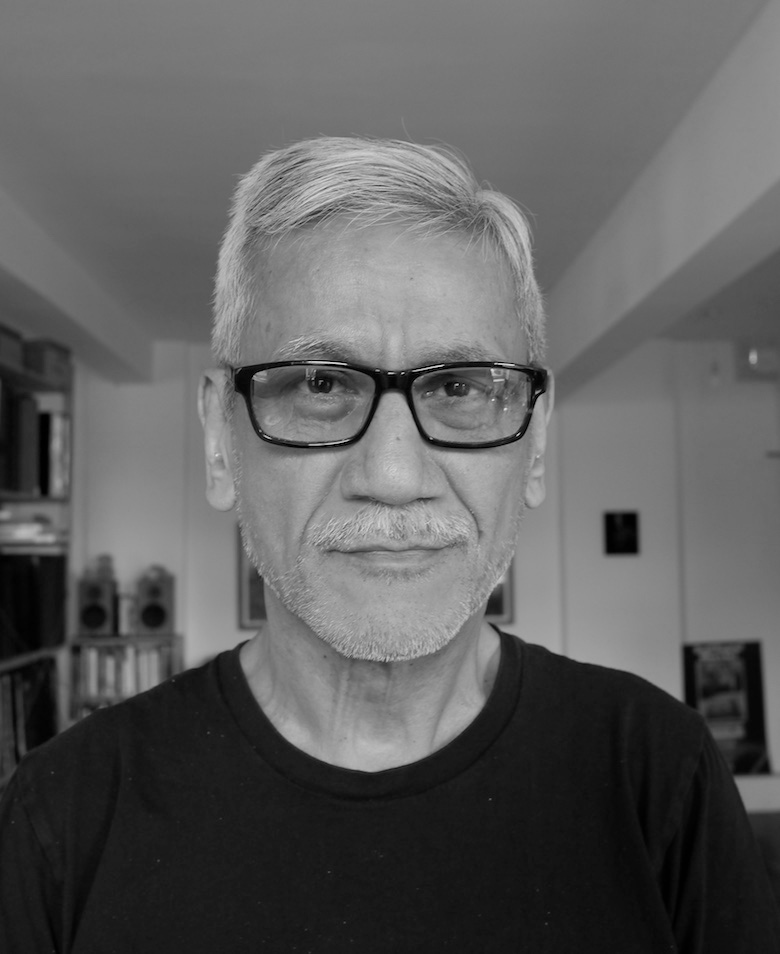In 2008, Autograph commissioned Sunil Gupta to create new work in response to our human rights agenda, with reference to issues surrounding Section 377 of the Indian Penal Code. This law, instituted by the British in 1861, criminalised homosexuality, and led to the arbitrary arrest and exploitation of LGBTQ+ Indians. Section 377 was not overturned until 2018, following decades of grassroots activism.
For the commission, Gupta produced The New Pre-Raphaelites, a series of 10 photographs which take their starting point from historical paintings by the Pre-Raphaelites, a collective of English artists and reformists founded in 1848. The staged photographic works recreate the vivid colours and strong physical presences of Pre-Raphaelite paintings but, as Gupta states, "I've updated them to reflect contemporary queer culture in India."
Sunil Gupta: The New Pre-Raphaelites is a free exhibition in collaboration with Wyndham Art Gallery as part of Queer PHOTO – a photography festival in Melbourne’s west celebrating contemporary queer photography by Australian and international artists.

Sunil Gupta (b. 1953, New Delhi, India/Canada/UK) was educated at the Royal College of Art, London, England, and received a PhD from the University of Westminster, England. His work uses independent photography as a critical practice, focusing on race, migration, and queer issues.
Gupta is a Visiting Tutor at the Royal College of Art and was the Lead Curator for the 2018 Fotofest in Houston, USA. His work can be found in many private and public collections, including the George Eastman Museum (Rochester, USA), the Tokyo Metropolitan Museum of Photography (Japan), the Royal Ontario Museum (Toronto, Canada), the Tate (London, England), and the Museum of Modern Art (New York, USA).
You can follow the artist on Instagram and see more of Gupta's work on his website.
Banner image: Sunil Gupta, Untitled #7 [detail], from the series The New Pre-Raphaelites, 2008. Courtesy the artist and Hales Gallery, Stephen Bulger Gallery and Vadehra Art Gallery. © Sunil Gupta. All Rights Reserved, DACS 2021.
View the commission and exhibition preview: All images courtesy the artist and Hales Gallery, Stephen Bulger Gallery and Vadehra Art Gallery. © Sunil Gupta. All Rights Reserved, DACS 2021. 1) Sunil Gupta, Untitled #08 from the series The New Pre-Raphaelites, 2008. 2) Sunil Gupta, Untitled #13 from the series The New Pre-Raphaelites, 2008. 3) Sunil Gupta, Untitled #02 from the series The New Pre-Raphaelites, 2008. 4) Sunil Gupta, Untitled #07 from the series The New Pre-Raphaelites, 2008.
About the artist: Photograph of Sunil Gupta by Mark Sealy, 2019.
Autograph is a space to see things differently. Since 1988, we have championed photography that explores issues of race, identity, representation, human rights and social justice, sharing how photographs reflect lived experiences and shape our understanding of ourselves and others.